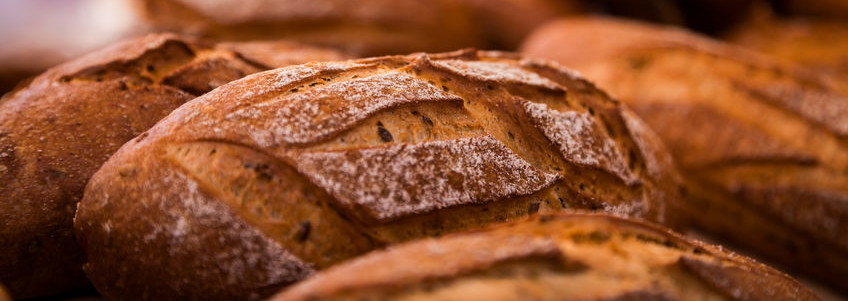
Enzymes, made up of proteins found in all living organisms, act as biological catalysts that facilitate chemical reactions. For the baking industry, they are amazing processing aids used in high-speed bakeries.
While most dough conditioners are currently not accepted as clean label options, enzymes represent an alternative that is widely accepted by consumer groups. Given the right conditions of pH, time, temperature, moisture and concentration, enzymes can replace traditional dough conditioners. Along with the use of natural ingredients, pre-ferments and sourdough, enzymes are the future of more natural and healthier baked goods — for both yeast- and chemically-leavened goods.
What do enzymes provide?
- Freshness solution
- Flour correction
- Acrylamide reduction
- Emulsification
- Oxidation
- Dough strengthening
- Gluten strengthening
- Dough conditioning
Finding the right combination
But here’s the really great thing about enzymes. Specific enzymes have specific uses. For example, the enzyme lipase helps with emulsifying, while the glucose oxidase enzyme helps strengthen dough.

